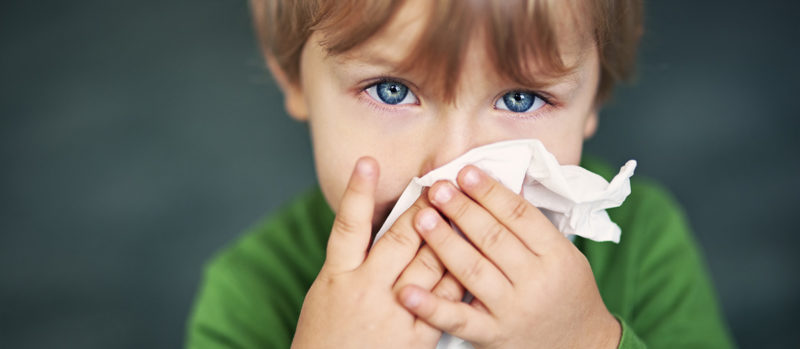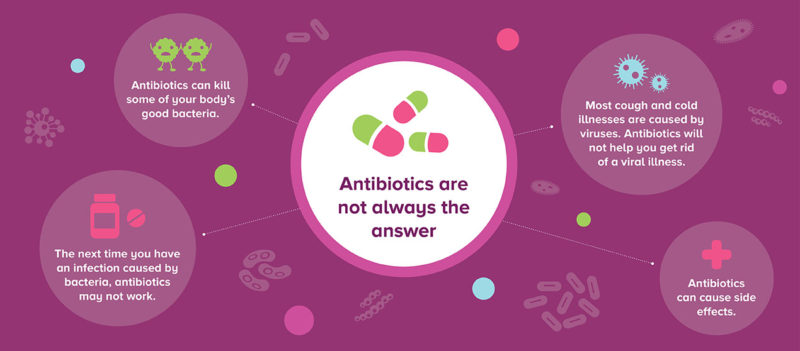Reports of children who’ve contracted acute flaccid myelitis (AFM) have been in the news lately.
Because of this, parents may be wondering what AFM is and how they can keep their family safe. While the condition is serious, the good news is that it is rare. The Centers for Disease Control (CDC) estimates that only one in a million people in the U.S. will contract the disease yearly.
Here are answers to some of the most frequently asked questions about acute flaccid myelitis.
Acute Flaccid Myelitis: Frequently Asked Questions
Q: What is acute flaccid myelitis?
A: According to the CDC, the illness, which is rare but serious, affects the nervous system – in particular, the area of spinal cord called the gray matter.
Q: What are the symptoms?
A: Symptoms typically begin several days after a child has a cold. Symptoms include sudden onset of muscle weakness, with loss of muscle tone and reflexes, resulting in:
- extremity weakness/paralysis (ranging from affecting 1 extremity to affecting all 4 extremities),
- respiratory weakness,
- difficulty controlling the bowel and bladder,
- drooping eyelids, or
- difficulty with swallowing or slurred speech due to facial weakness.
Q: What are the possible causes?
A: The actual cause of AFM is not known. It is likely started by a viral infection, although the CDC has not narrowed it down to a specific virus. Since so few people progress to AFM, there are likely host and possibly environmental factors involved as well.
Q: How can we prevent it?
A: The best way to prevent any viral infection is to practice standard precautions. This includes good hand-washing, avoiding those who are ill, and staying home if you are ill. Parents should make sure their children get a flu vaccine.
Q: When should I call my doctor?
A: Nearly all children with cold symptoms will get better on their own and can be cared for at home without seeing a medical provider or going to an emergency room.
Children who do not improve after seven to 10 days, get better and then worse, or who develop new symptoms, including muscle weakness, should prompt a call to a medical provider to decide whether they need to be seen. If there is concern for muscle paralysis, the patient should be evaluated urgently.
Q: Is AFM contagious?
A: Although we think it is likely started by a viral infection, AFM does not appear to be contagious. There have been no reports of the siblings of children affected with AFM developing AFM. Nor have there been reports of children in similar social settings to a child with AFM (such as the same school or church) going on to develop AFM.





